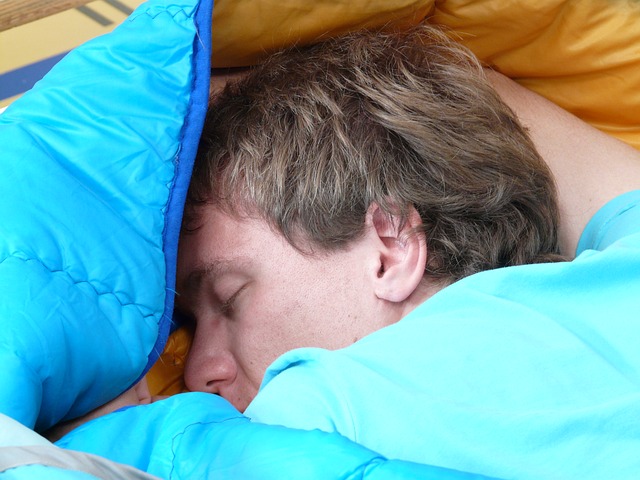Sleep deprivation
Sleep deprivation is often overlooked among students with ADHD/LD and adults. ADHD has a 50% co-morbidity with other learning disabilities. The National Sleep Foundations notes that ADHD is linked with a variety of sleep issues. A recent study found that children with ADHD and people with dyslexia had higher rates of daytime sleepiness than children without ADHD.
Table of Contents
ToggleThis of course combined with attention span issues can affect their quality of learning in the classroom. Another studies show that 50% of children with ADHD had signs of sleep-disordered breathing, compared to 22% of children without ADHD. There was also an increase in restless legs syndrome which again can impact the quality of sleep.
Whether a child has ADHD or not, the bottom line is that effects of sleep deprivation sleep will exacerbate attention issues, hyperactivity, impulsive behavior and increase oppositional behaviors. Noticeable signs of sleep deprivation include: excessive sleepiness, frequent yawning, irritability, daytime fatigue.
Why Sleep disturbances caused by ADHD have been overlooked for a number of reasons.
“Sleep problems did not fit neatly into the American Psychiatric Association’s Diagnostic and Statistical Manual of Mental Disorders (DSM) requirement that all ADHD symptoms must be present by age 7. lack of sleep increased risk disturbances associated with ADHD generally appear later in life, at around age 12, on average. “
Children are very sensitive to the quality and the time spent in the sleep state. Many children with ADHD can be profoundly impacted by a lack of quality sleep study which can lead to an increase in attention issues and hyperactivity.
Studies have found that there are problems starting and maintaining sleep in patients with ADHD. Sleep has been divided into various stages.
Non-Rem stages 3 and 4 together are known as Slow Wave Sleep, SWS. Many believe that SWS plays an important role in cerebral restoration and recovery in humans. “While certain drugs and even sound stimuli have been used experimentally to promote slow-wave sleep, “not just the presence but the timing of the slow waves may be really important.” This is currently an area of much active research.
Importance of sleep
An improvement in sleep will benefit children with ADHD as well as those without ADHD. To achieve a state of optimal wellbeing, all aspects of health conditions must be fully integrated with one another.
Proper nutrition, hours of sleep patterns, and exercise are factors that will improve the health of all children.
All children who incorporate a consistent exercise and sleeping habits plan are more focused in the classroom. It has also been known for some time now, that diet is especially important for children with ADHD. Now we can add, that the quality of sleep that children and adults for long term receive may greatly affect our state of wellbeing, quality of life as well.
References:
- ADDitude Mag: This Is Why You’re Always Tired
- Routers: Sleep disruption increases Alzheimer’s-related protein levels
 Zahavit Paz is a co-founder of LD Resources Foundation. She’s a graduate of CUNY Graduate disabilities study program. She is often a presenter on Assistive Technology at professional conferences in schools and colleges and has written extensively on her personal struggle with Dyslexia and ADHD. She is an advocate for individuals with LD and provides resources and information through the LDRFA website. More info about Zahavit Paz.
Zahavit Paz is a co-founder of LD Resources Foundation. She’s a graduate of CUNY Graduate disabilities study program. She is often a presenter on Assistive Technology at professional conferences in schools and colleges and has written extensively on her personal struggle with Dyslexia and ADHD. She is an advocate for individuals with LD and provides resources and information through the LDRFA website. More info about Zahavit Paz.
Related Post:
Understanding The Importance of Good Night Sleep
ADHD Diet and Nutrition: Foods To Eat & Foods to Avoid
ADHD and COVID-19: Tips and how to manage it


